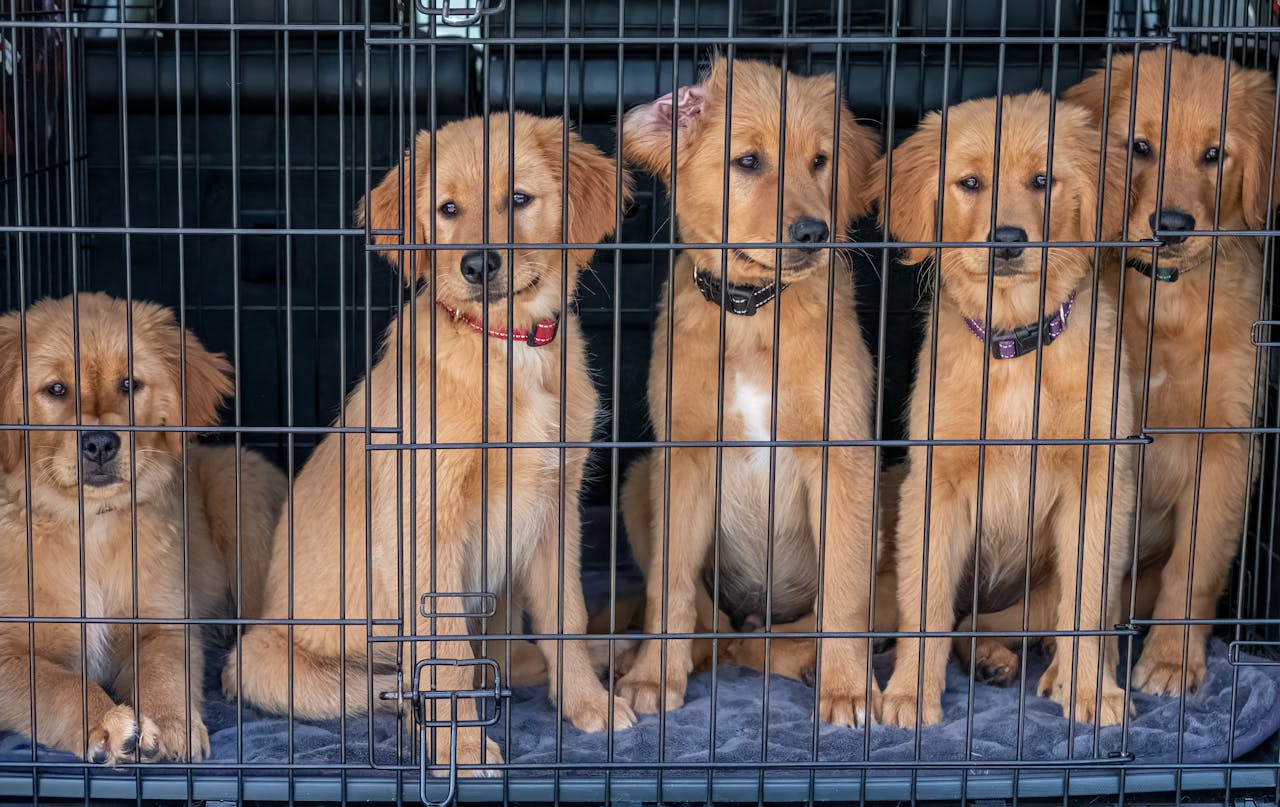Step-by-step guide to starting pet adoption in the UK
Starting the pet adoption process UK begins with clear understanding of required steps and immediate actions. The journey typically initiates with researching local UK animal shelters or reputable pet adoption centres. To know how to adopt a pet UK, prospective adopters should first identify shelters that match their preferred type of pet and geographic location.
The initial action involves contacting or visiting chosen adoption centres to inquire about available animals and gather information on the UK pet adoption steps. Most agencies will encourage applicants to familiarize themselves with their policies, adoption fees, and available pets before submitting an application.
Also read : How Can UK Residents Support Local Wildlife Through Pet Ownership?
Common requirements for first-time adopters often include providing personal information to demonstrate suitability for pet ownership. This ensures that individuals are ready for the commitment, encompassing lifestyle considerations and living arrangements. Completing an adoption application form becomes a necessary piece of the pet adoption process UK, serving as a formal step in starting the journey.
Understanding these steps helps manage expectations and prepares adopters for what comes next in the UK pet adoption steps, such as home assessments or interviews. Experienced agencies will guide candidates through each phase, emphasizing transparency and support throughout the process.
Have you seen this : How Can You Ensure a Smooth Travel Experience for Your UK Pets?
Understanding eligibility and requirements
Becoming familiar with pet adoption eligibility UK is a vital step in the UK pet adoption steps. Most agencies set clear pet adoption requirements to ensure pets find safe and stable homes. First, adopters must usually meet a minimum age, often 18 years or older, and prove UK residency. This confirms the adopter’s capacity to provide a lasting home.
Your living situation plays a big role in pet adoption eligibility UK. Many shelters ask for details about your home environment—it is common to require permission from landlords if you rent. This helps confirm that pets will be safe and welcome in your living space.
The criteria go beyond just the physical space. Adoption centres often assess your lifestyle rigorously. For instance, how much time you spend at home, your work hours, and how you plan to integrate the pet into your daily routine matter. The UK adoption criteria highlight that adopting a pet is a long-term commitment, both emotionally and practically.
Ensuring you meet these pet adoption requirements increases your chances during the pet adoption process UK. Agencies want to avoid situations where a pet might be rehomed multiple times. Therefore, showing preparedness and understanding of responsibility forms a core part of the assessment phase.
In summary, addressing these key points for pet adoption eligibility UK will enable a smoother experience when figuring out how to adopt a pet UK. Paying attention to living arrangements, landlord permissions, and lifestyle commitments are all essential for meeting the UK adoption criteria.
How to find reputable UK adoption agencies and shelters
Choosing trustworthy UK animal shelters and pet adoption centres is crucial in the pet adoption process UK. To find reputable pet adoption UK options, start by focusing on well-known organisations such as the RSPCA, which has a long-standing national presence and consistent standards. Local shelters affiliated with national bodies can also offer quality care for animals awaiting adoption.
How to adopt a pet UK safely involves verifying the legitimacy of the adoption centre. Official resources like government pet welfare lists or recognised charity registries provide reliable information on shelters’ reputability. Checking reviews and testimonials from past adopters gives further insight into shelter practices and animal welfare standards.
Considering the UK pet adoption steps, it is important to weigh the pros and cons of different agencies. Larger organisations typically have stricter protocols and comprehensive support, but local shelters might provide more personalised attention to adopters and pets alike. Always ensure the shelter follows proper health and safety regulations, with transparent policies regarding fees, animal histories, and post-adoption support.
By carefully selecting from reputable pet adoption centres, you enhance your chances of a smooth and ethical adoption, helping pets find loving and stable homes.
Application process and required documentation
Starting your pet adoption process UK formally involves completing a pet adoption application UK. Adoption agencies require this to gather detailed information about applicants and ensure pets are matched with suitable homes. These adoption forms UK typically request personal details such as your full name, contact information, and proof of identity.
Applicants will also need to provide evidence of their UK residency. Commonly accepted documents include utility bills or official correspondence displaying your current address. This step confirms you meet the pet adoption requirements regarding location and helps agencies maintain accurate records.
Additionally, adoption centres ask about your living arrangements, which ties directly into the application. You’ll be asked to disclose whether you rent or own your home and, if renting, provide landlord permission documentation. This is critical in satisfying UK adoption criteria, as landlords must consent to pets in rental properties to avoid future issues.
Some shelters require references from personal contacts or your veterinarian, reinforcing the suitability assessment. The application process may also include questions about your experience with pets, lifestyle routines, and your plan for pet care. This helps shelters evaluate your preparedness for the commitment involved in how to adopt a pet UK responsibly.
Collecting and submitting all necessary pet adoption documents accurately increases the chances that your application will progress smoothly. Agencies emphasise thoroughness and honesty during this phase to support the best outcomes for both adopters and pets.
Fees, home checks, and interviews
Starting with pet adoption fees UK, most adoption agencies charge a fee that typically covers vaccinations, microchipping, neutering, and initial health checks. These fees vary depending on the type of animal and the organisation, but they are crucial in supporting the ongoing care of the pets waiting for adoption. Understanding these charges upfront is essential when planning your pet adoption process UK budget.
The adoption home visits form a key part of the UK pet adoption steps. Typically conducted by a representative from the adoption centre, these assessments evaluate your living environment to ensure it is safe and suitable for the pet. The assessor may look at your garden’s security, available space, and general pet-proofing measures. This process helps verify that you meet the pet adoption requirements related to the home environment and confirms you are prepared to provide a stable residence.
During the pet adoption interview process, expect detailed questions about your experience with animals, daily routines, and plans for care and exercise. The interview helps adoption staff determine your readiness and commitment. It also offers a chance to discuss any concerns and clarify expectations, ensuring both parties agree on what responsible pet ownership entails. Being honest and thorough during this stage improves your chances in the pet adoption process UK.
Together, the pet adoption fees UK, home checks, and interviews form critical components that safeguard the welfare of the pets and match them with suitable adopters effectively. They provide reassurance that the UK adoption criteria are met both financially and practically.
Post-adoption responsibilities and tips
Navigating pet care UK effectively after you complete the pet adoption process UK is essential to ensure your new companion thrives. One of the first responsibilities includes registering your pet’s microchip with up-to-date contact information, which is a legal requirement in the UK. This step is vital for your pet’s safety and for quick recovery if they become lost.
Vaccinations also play a crucial role in pet care UK post-adoption. Adoption centres generally provide initial vaccinations before the pet leaves, but you must keep up with booster shots and future vaccination schedules. This ongoing healthcare protects your pet from common diseases and aligns with UK pet ownership tips for maintaining their wellbeing.
Legal obligations extend beyond health. Owners must ensure pets are kept in suitable conditions that meet welfare standards set in UK law. This includes providing proper food, clean water, shelter, and sufficient exercise. Understanding these UK pet ownership tips helps maintain a healthy lifestyle for your pet and avoids potential legal issues.
For new adopters, after adoption support is often available from adoption centres. This support can include advice on training, nutrition, and behaviour management, which eases the transition for both owner and pet. Engaging with these resources enhances your confidence in pet care and fosters a successful long-term relationship.
In summary, fulfilling post-adoption responsibilities through microchipping, vaccinations, meeting legal welfare standards, and utilizing after adoption support solidifies responsible pet ownership in the UK. These steps promote the best outcomes in your ongoing journey with your adopted pet.



